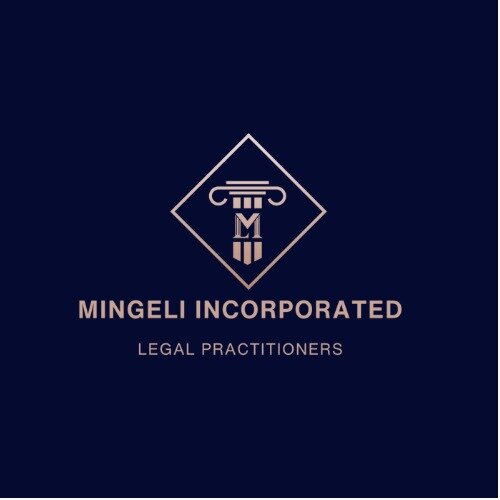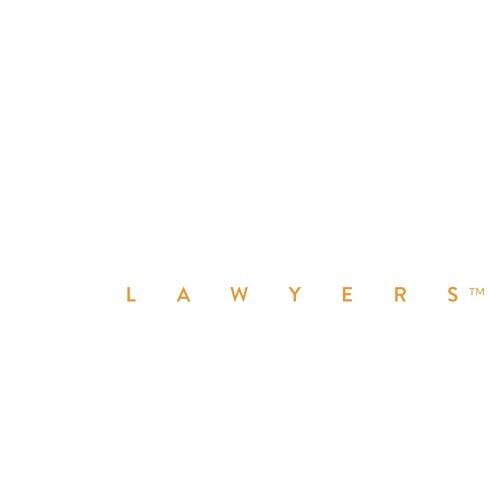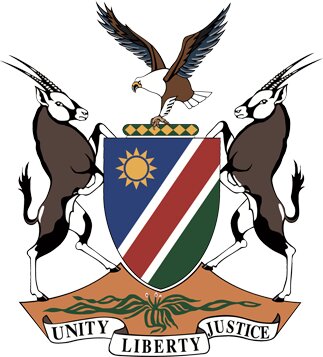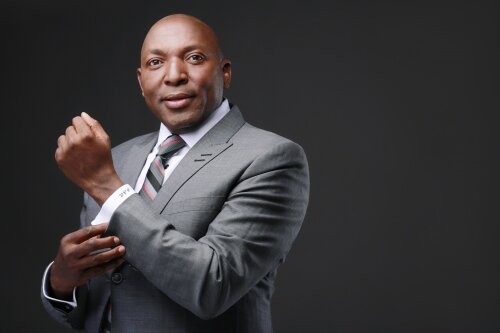Best Divorce & Separation Lawyers in Windhoek
Share your needs with us, get contacted by law firms.
Free. Takes 2 min.
Free Guide to Hiring a Family Lawyer
List of the best lawyers in Windhoek, Namibia
About Divorce & Separation Law in Windhoek, Namibia
Divorce and separation law in Windhoek, Namibia, is governed primarily by the Matrimonial Affairs Ordinance of 1955 and subsequent legislation. Divorce proceedings can be complex and emotionally charged, making it imperative to understand the legal framework and implications involved. The process may include the dissolution of marriage, division of assets, custody of children, and alimony. In Namibia, both civil and customary law marriages are recognized, and each type follows slightly different procedures in the event of a divorce.
Why You May Need a Lawyer
Seeking legal advice during a divorce or separation is crucial due to the intricate nature of the laws and the substantial impact on one's personal circumstances. Common reasons for needing a lawyer include:
- Legal guidance on the marriage dissolution process, ensuring compliance with all legal formalities.
- Assistance in negotiating settlements for property, spousal support, and custody arrangements.
- Representation in court if disputes arise that cannot be resolved amicably or through mediation.
- Ensuring a fair and equitable distribution of marital assets and debts.
- Understanding one's rights and obligations under the current legal framework.
- Providing emotional support and reassurance during an often stressful time by explaining legal jargon and processes clearly.
Local Laws Overview
There are several critical aspects of local laws in Windhoek, Namibia that pertain to divorce and separation:
- **Grounds for Divorce:** Namibia recognizes both fault-based and no-fault grounds for divorce. Fault-based grounds include adultery, abuse, or desertion.
- **Property Division:** Namibia follows the community of property regime unless a prenuptial agreement states otherwise. This means all assets and debts accrued during the marriage are typically divided equally.
- **Child Custody and Support:** Decisions are made with the best interests of the child in mind. Both parents are encouraged to maintain a relationship with their children post-divorce.
- **Spousal Maintenance:** One party may be required to support the other financially post-separation, depending on various factors including the length of the marriage and financial disparity.
Frequently Asked Questions
What are the legal grounds for divorce in Namibia?
Legal grounds for divorce include both fault-based (such as adultery, abuse, or desertion) and no-fault grounds (such as irreconcilable differences).
How long does it take to get divorced in Windhoek?
The duration of the divorce process varies, depending largely on whether the divorce is contested or uncontested. An uncontested divorce can be quicker, taking a few months, while a contested one may take longer.
What is the difference between a civil and a customary marriage?
Civil marriages are registered through the legal system and governed by statutory law, while customary marriages are conducted according to local customs and may not be registered with civil authorities.
Can we agree on everything without going to court?
Yes, if both parties can agree on all aspects of the divorce, including property division and child custody, they may finalize their divorce without a court trial through an uncontested divorce process.
What happens to our joint property if we divorce?
Under the community of property regime, joint property is typically divided equally. However, a prenuptial agreement or mutual settlement may alter this distribution.
How is child custody determined following a divorce?
Child custody is determined based on the best interests of the child. Courts often favor joint custody arrangements, where both parents maintain an active role in the child's life.
Do I need a lawyer to get a divorce?
While it is not mandatory to have a lawyer, it is highly recommended as legal professionals can provide guidance and ensure all legal requirements are met.
Can I get maintenance from my spouse after divorce?
Yes, spousal maintenance can be requested and is determined based on factors such as need, the length of the marriage, and the ability of each party to support themselves.
What should I do first if I want a divorce?
Consult with a legal professional to understand your rights, options, and the procedures involved. They can help you prepare necessary documentation and guide you through the process.
Is mediation an option for resolving disputes?
Yes, mediation is a viable option that can help resolve disputes amicably without the need for lengthy court proceedings.
Additional Resources
For further assistance and information, consider contacting the following resources:
- **The Law Society of Namibia:** Provides a directory of legal practitioners in Namibia.
- **The Legal Assistance Centre:** Offers free legal advice and assistance in family law matters.
- **Namibia Women's Centre:** Supports women, especially in cases of domestic violence and related issues.
- **Namibian Ministry of Justice:** Offers information on legal processes and available public resources.
Next Steps
If you need legal assistance in divorce and separation matters, begin by consulting with a qualified family lawyer. Prepare a list of questions and concerns to discuss during your consultation. Collect all relevant documents such as marriage certificates, financial records, and property agreements. Consider exploring mediation options to resolve any disputes amicably. Make sure to prioritize your well-being and that of your children throughout the process.
Lawzana helps you find the best lawyers and law firms in Windhoek through a curated and pre-screened list of qualified legal professionals. Our platform offers rankings and detailed profiles of attorneys and law firms, allowing you to compare based on practice areas, including Divorce & Separation, experience, and client feedback.
Each profile includes a description of the firm's areas of practice, client reviews, team members and partners, year of establishment, spoken languages, office locations, contact information, social media presence, and any published articles or resources. Most firms on our platform speak English and are experienced in both local and international legal matters.
Get a quote from top-rated law firms in Windhoek, Namibia — quickly, securely, and without unnecessary hassle.
Disclaimer:
The information provided on this page is for general informational purposes only and does not constitute legal advice. While we strive to ensure the accuracy and relevance of the content, legal information may change over time, and interpretations of the law can vary. You should always consult with a qualified legal professional for advice specific to your situation.
We disclaim all liability for actions taken or not taken based on the content of this page. If you believe any information is incorrect or outdated, please contact us, and we will review and update it where appropriate.
















